Your summer reads of 2024, sorted – from beach lounging to long plane rides
- An open book may be just the thing to whisk you away for the summer – here’s what to pack, according to James Kidd
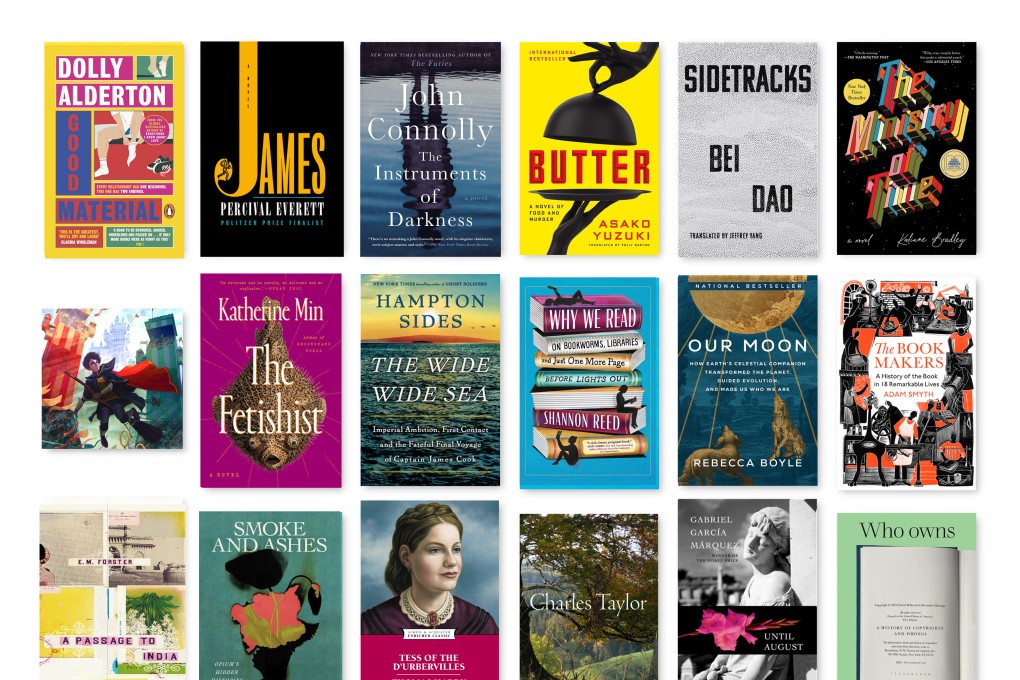
Holidays and reading go together like suntans and sunscreen, flights and delays, passports and control. And while bookshops may be vanishing from high streets across the globe, they are still fixtures at most major airports.
This sacred pairing of book and holiday is nothing new; it’s not even modern, according to British academic Anthony Bale. As he writes in his fascinating study of medieval holiday habits, A Travel Guide to the Middle Ages (2023): “To travel was to read, to read was to travel.” This thought is echoed, albeit in more florid terms, by Shannon Reed in another new bestseller, Why We Read: “Reading gives you the world.”
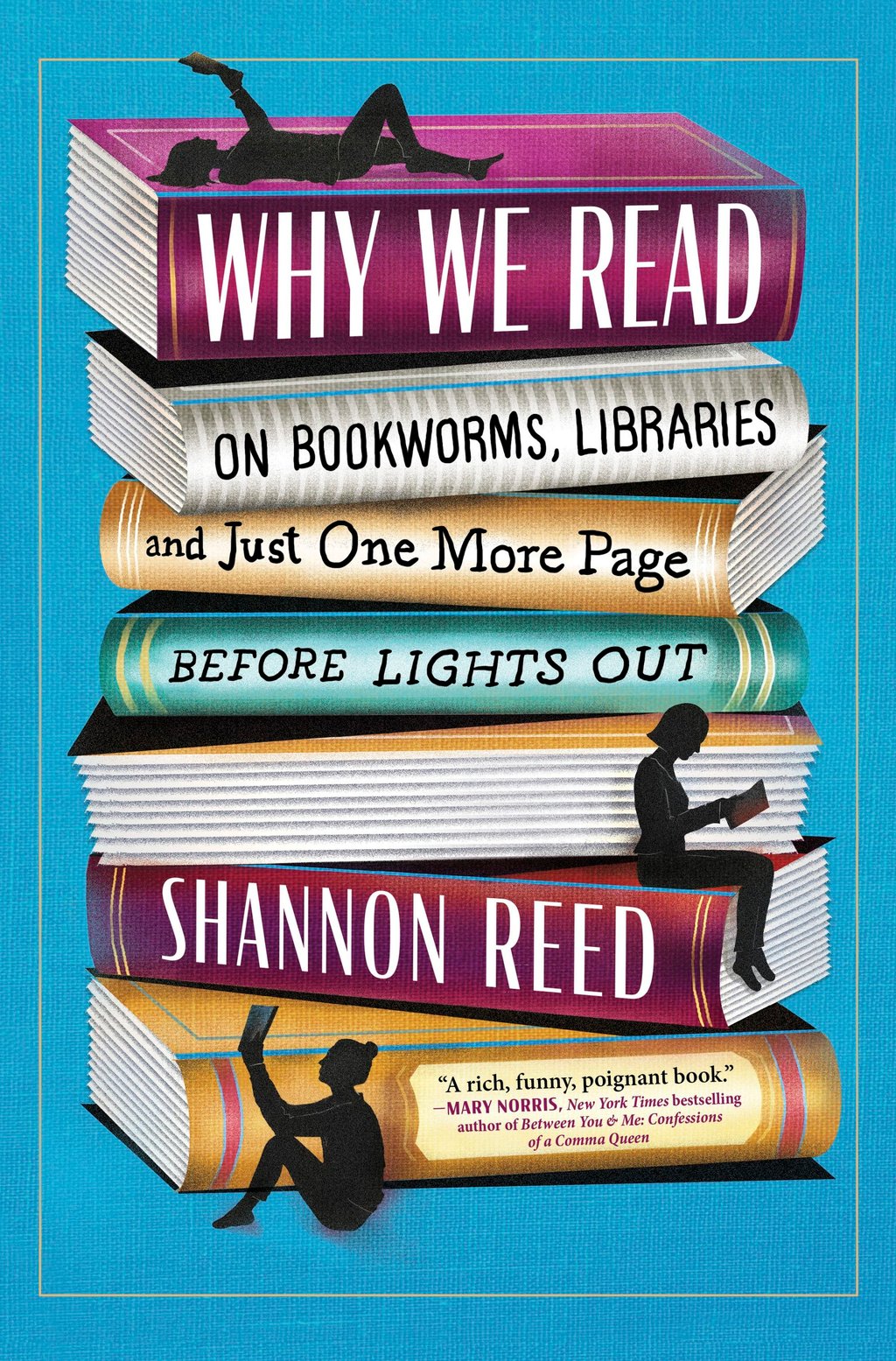
That sentiment applies as much today as it did in 1400. So here are some of 2024’s most promising titles to whet the holiday-goer’s appetite, to be read while on the road (or in the air) or consumed over the course of an entire break (in the case of the heftier tomes).
Slipping into travel mood
Anthony Bale’s aforementioned A Travel Guide to the Middle Ages could be subtitled “Around the Medieval World in 1,000 Years”. Drawing on early incarnations of guidebooks (or Ars apodemica) and first-hand accounts by pilgrims, vagrants and wayfarers (famously, The Book of Marvels and Travels, by Sir John Mandeville), Bale transports the 21st century reader to a boat sailing from Venice to Cyprus, a trek across the Holy Land, an epic journey to Khanbaliq, in Mongol China, and even to some imaginary destinations: the Fountain of Youth, the Island of the Amazons, and Caldihe, where sheep (apparently) grow on trees.
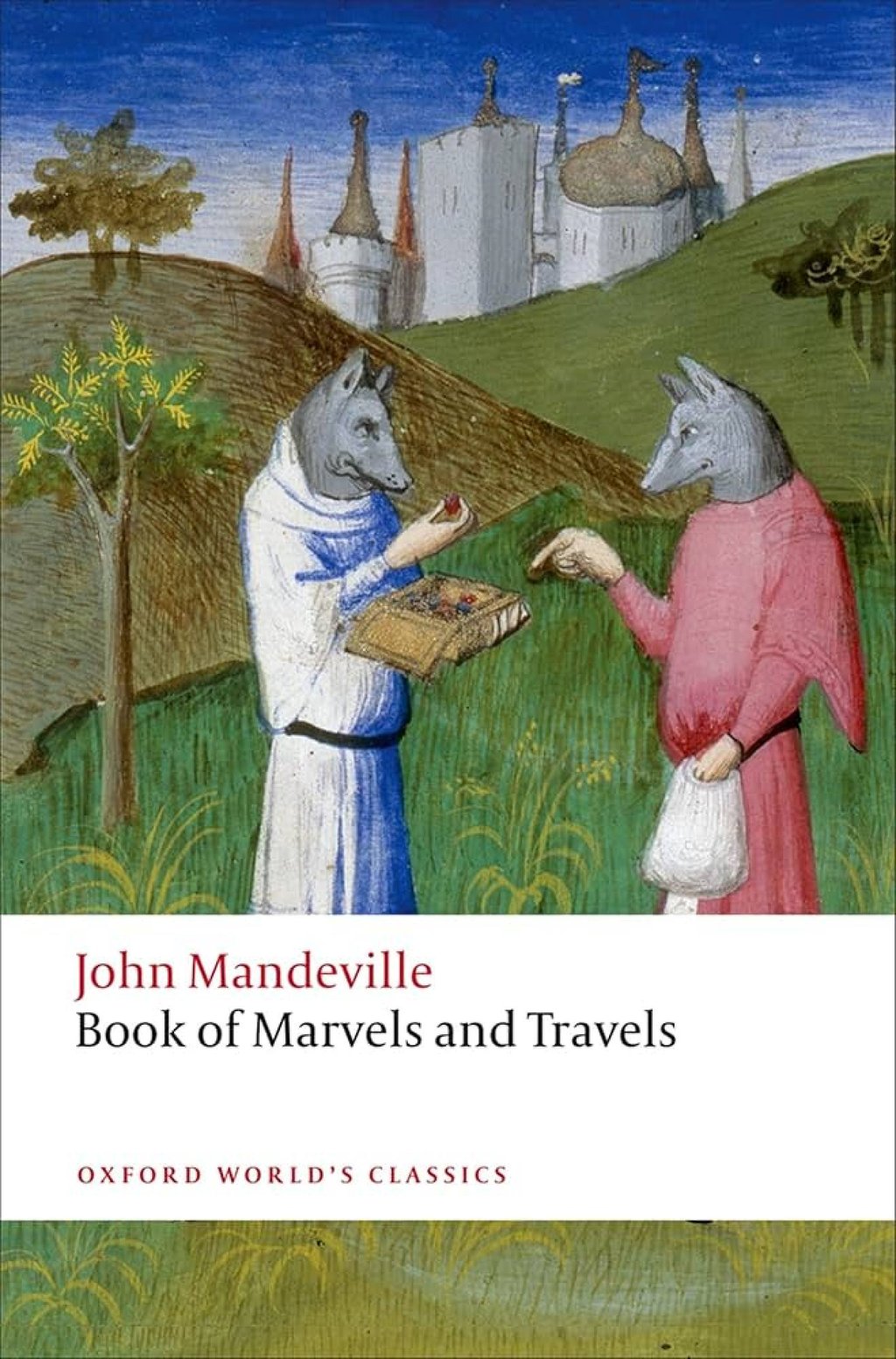
Captain James Cook’s third and final voyage of exploration, from England to Hawaii (1776-1779), is a contender for one of history’s most famous journeys. Or should that be infamous? This is the challenge Hampton Sides sets himself in The Wide Wide Sea: to weigh the swashbuckling thrills of Cook’s expedition against criticisms of its covert imperial purpose (to find the priceless Northwest Passage linking the Pacific and Atlantic oceans). At the centre of the controversy is Cook himself, whose achievements have been “passionately contested” in recent years: was he a principled, daring explorer (returning Mai, a young Ra’iatean, to his homeland)? Was he the catalyst for centuries of colonial damage? Was he simply unwell, whether in body or mind? Sides wisely eschews any revisionism and lets the stories speak for themselves, leaving final judgments to the reader.
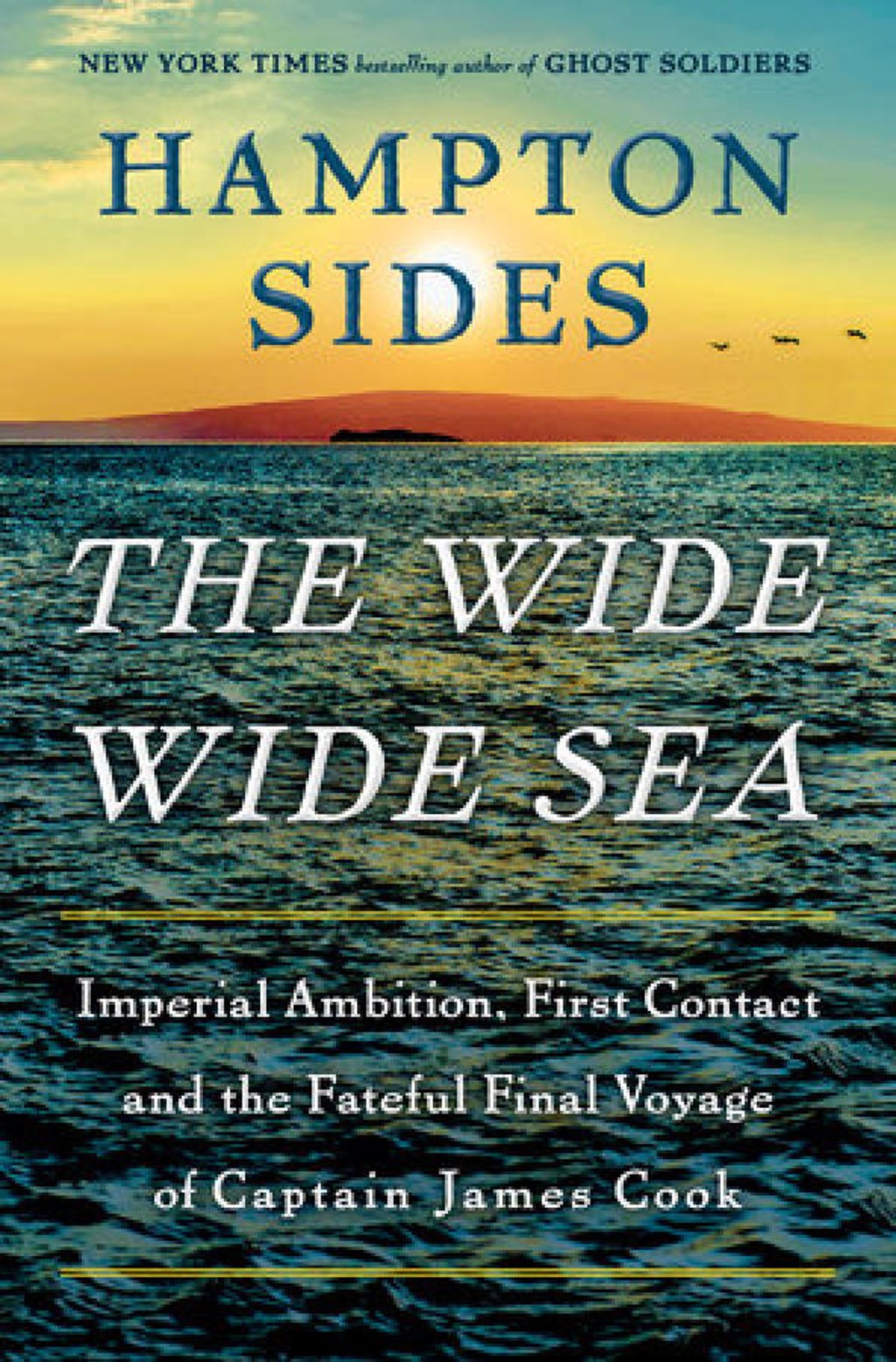
Echoes, however faint, of Cook’s voyages might also be heard in Welcome to Glorious Tuga, an escapist, if superior, romance by Francesca Segal. Her heroine, 29-year-old Charlotte Walker, sails 11,000-odd kilometres to the remote island of Tuga de Oro, hiding a long-held family secret, harbouring a crush on a fellow traveller and armed with a grant to study tortoises. Enter a cast of delightfully eccentric locals, who combine indigenous traditions with time-frozen relics of British culture. Hilarity ensues, à la P.G. Wodehouse.
Two classic novels propelled by travel celebrate centenaries in 2024. Thomas Mann’s The Magic Mountain takes the idea of getting away from it all to absurd lengths. The story begins with a three-week holiday in the Swiss Alps that is transformed into an increasingly uncanny sojourn at a sanatorium for tuberculosis patients. Mann’s masterpiece has variously been read as a comic, if disturbing, allegory of human disintegration, an appraisal of pre-war Europe and a cry of existential despair. Take your pick.
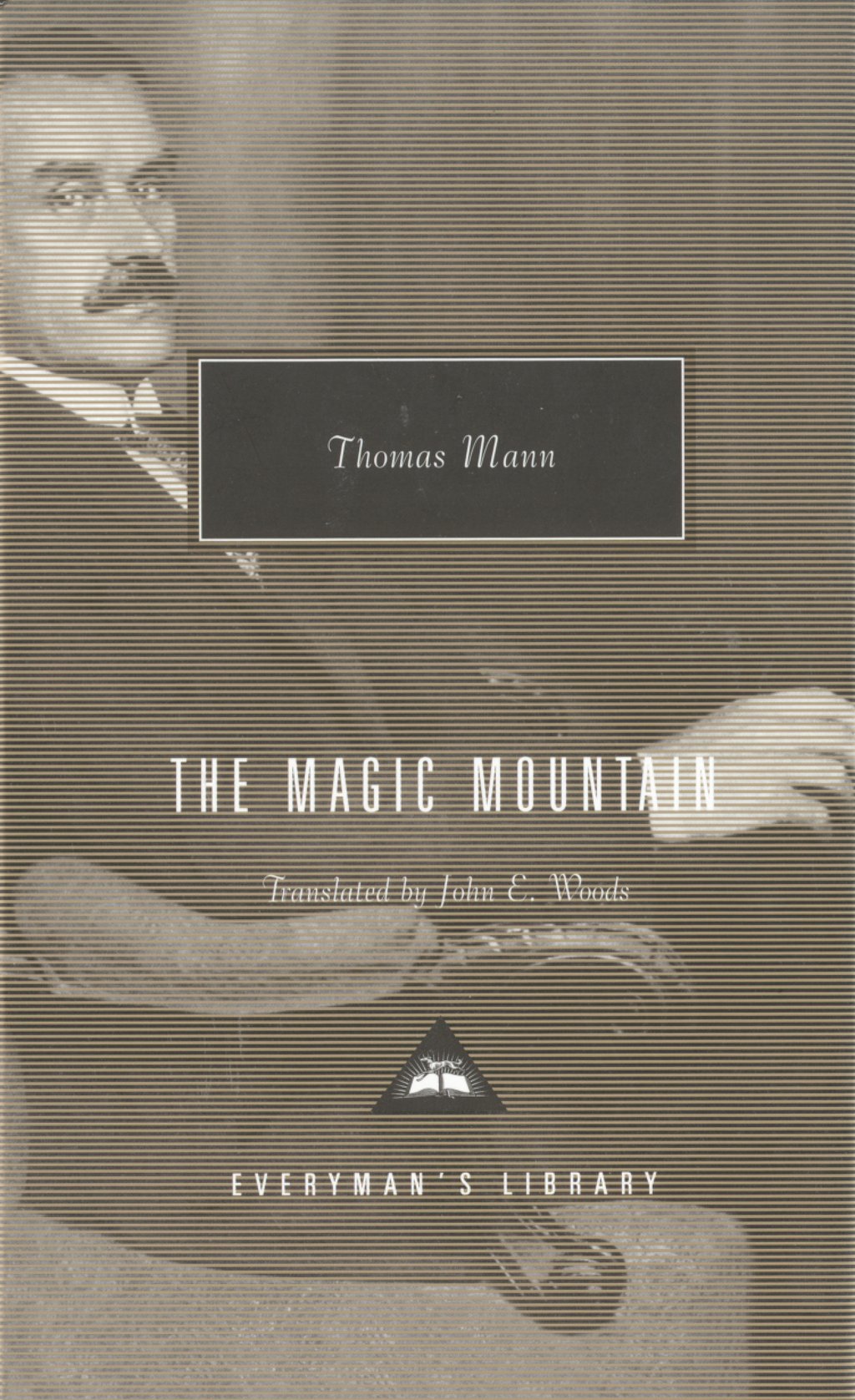
Like The Magic Mountain, E.M. Forster’s A Passage to India doesn’t qualify as a holiday novel exactly, but it sure is a journey. Briton Adela Quested travels to Chandrapore, India, to meet a prospective husband, only to find herself embroiled in an explosive sexual assault trial, in which a Muslim doctor is wrongly accused of raping her. Race, imperialism, sex and religion: maybe not everyone’s idea of a long weekend, but the tale makes for an immersive mental getaway.
Short chapters for planes, trains …
Tarnished perhaps by the ease of at-home entertainment these days, I have survived long flights in recent years by purposefully burying my nose in a book, rather than losing myself in a binge-watch on my phone screen at cruising altitude.
